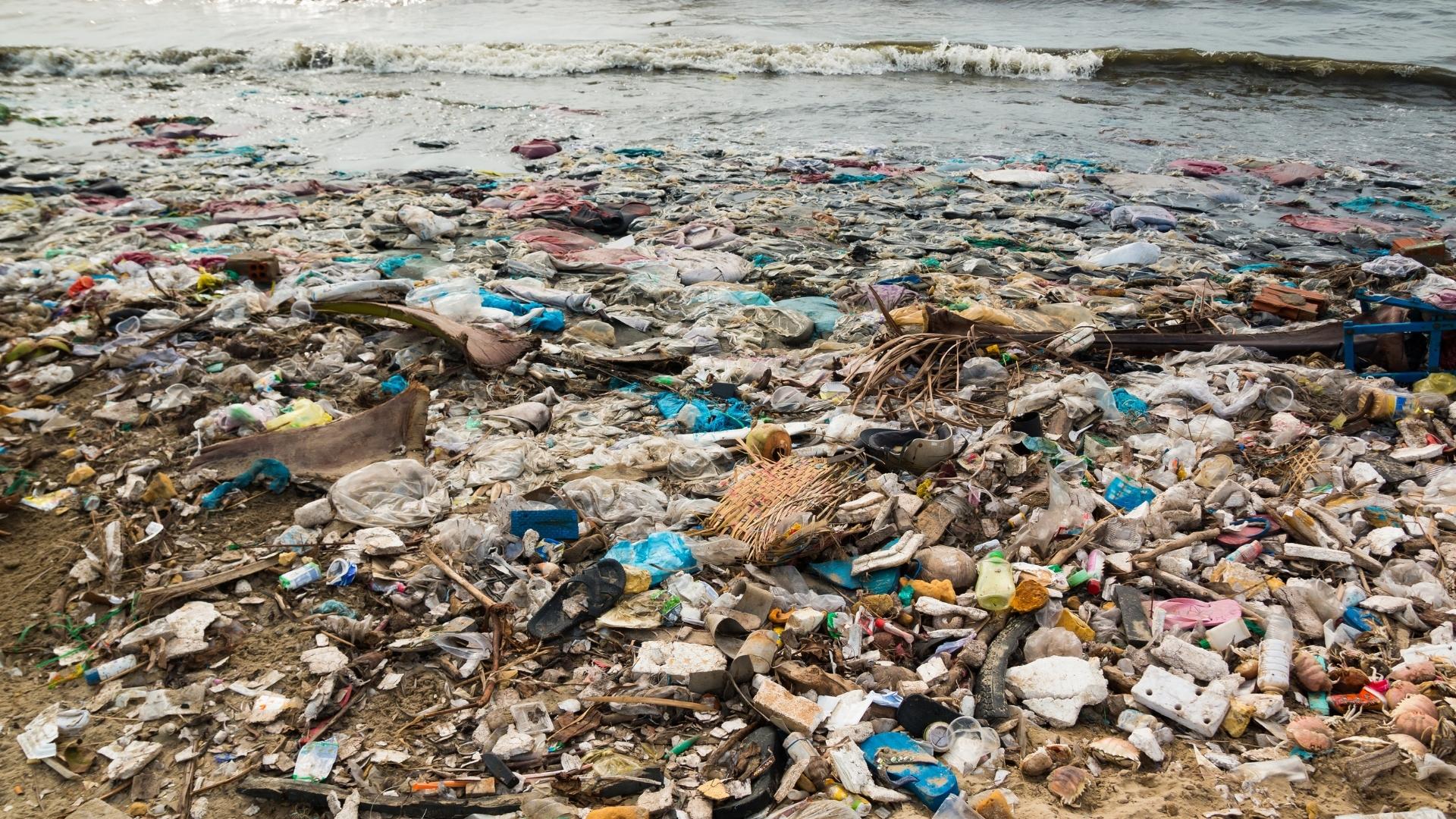The solution to climate change is right in front of our face—whenever we look down at what’s on our plate.
If we’re ever going to reduce greenhouse gas emissions and stem climate change, we’re going to have to eat plants, not meat and dairy.
Fortunately, this is a solution that is not only better for the environment—it’s also merciful to animals. Talk about a win-win.
Leading climatologists have been urging people to reduce (good) or eliminate (better) their meat consumption for many years now.
Dr. Rajendra Kumar Pachauri, the chair of the UN’s Intergovernmental Panel on Climate Change from 2002-2015, said:
“Please eat less meat—meat is a very carbon-intensive commodity. In terms of immediacy of action and the feasibility of bringing about (greenhouse-gas) reductions in a short period of time, it clearly is the most attractive opportunity. Give up meat for one day [a week] initially, and decrease it from there.”
By the way, Dr. Pachauri’s panel won the Nobel Peace Prize during his tenure as chair.
Similarly, NASA’s James Hansen, one of the first scientists to sound the alarm about climate change, has said:
“In terms of individual action, reducing meat consumption is perhaps the best thing you can do.”
Estimates about the percentage of greenhouse gases that are attributable to animal agriculture vary greatly, depending mainly on what is included or excluded from the calculations. Yes, burping and flatulating cows emit enormous amounts of methane, but that’s just the tip of the proverbial iceberg.
A 2006 United Nations report revealed that the “livestock sector” generates more greenhouse gas emissions than all the cars, trucks, trains, ships, and planes in the world combined—18 percent of all such emissions.
That alone should have been enough to spark a worldwide transition to vegan diets, but that UN report excluded many of the aspects of meat production that contribute to climate change.
For instance, the UN report did not take into account the carbon emissions from cutting and burning trees and other vegetation—which is done on a massive scale to clear more land for growing livestock feed.
According to figures from the World Preservation Foundation, 60-80 percent of deforestation globally is land cleared to graze cattle or grow feed.
The UN also failed to include the vast amounts of energy used to produce, distribute and dispose of the packaging for meat products, and to chill those products. For hygiene reasons, meat requires extensive packaging and constant refrigeration—while fruits, vegetables, nuts and seeds can be, and often are, sold in bulk and stored at room temperature.
Researchers Robert Goodland and Jeff Anhang included these factors in a 2009 study and showed that animal agriculture accounts for 51 percent of all greenhouse gas emissions.
More recently, Dr. Sailesh Rao, in a study published in the Journal of Ecological Society, concluded that 87 percent—yes, 87 percent—of greenhouse gas emissions come from animal agriculture.
Rao arrived at that figure by focusing on the opportunity costs of meat production. In other words, every time a forest is felled for grazing cattle or planting livestock feed, the Earth’s ability to absorb and store carbon is reduced. Conversely, if each one of us would dramatically reduce or eliminate our consumption of animal products, we could replant forests and enhance our planet’s ability to absorb and store carbon.
It all adds up. The burping and flatulating cows. The petroleum-based fertilizers used to grow livestock feed. The energy-intensive processing, packing and refrigeration of meat. The burning and cutting of trees to clear land for growing feed and grazing cows.
And here’s the kicker: Switching to plant-based diets is far less expensive than the alternatives for combating climate change, such as switching from coal and natural gas to wind and solar power. By some estimates, we could lower the costs of meeting international climate-change targets by 80%, just through dietary change.
In climate change, we’re facing the challenge of our generation. We all can do our part and eat plants, not animals. For the sake of future generations, we must.
